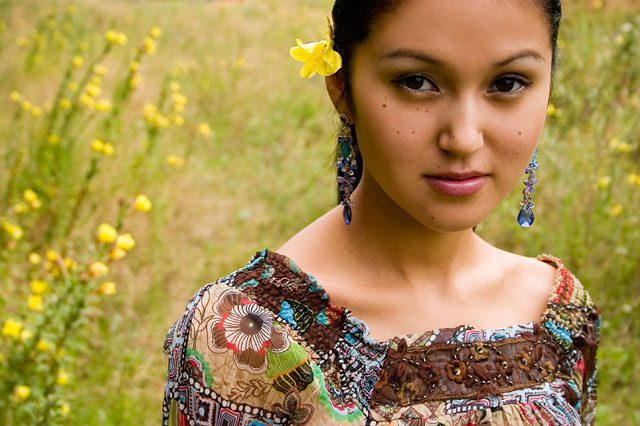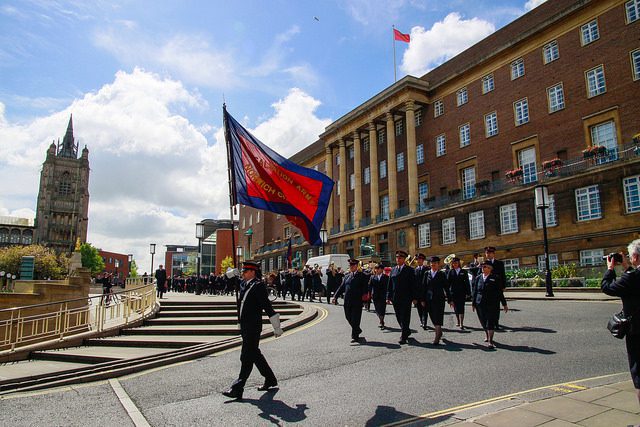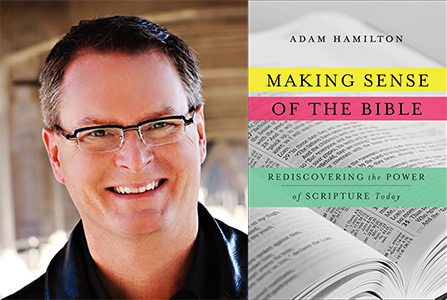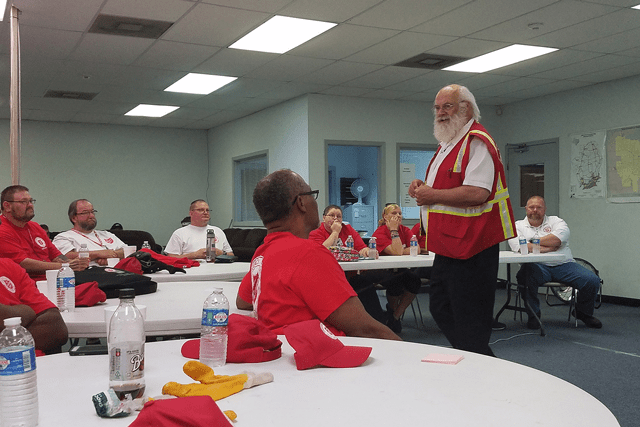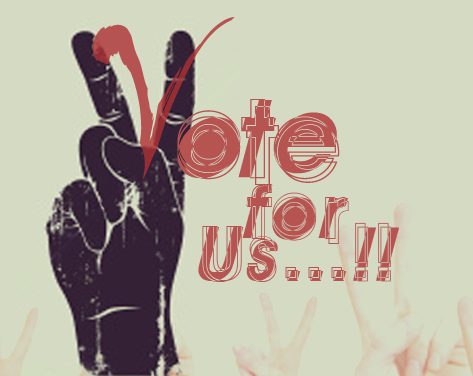Gender equality is the focus.
By Faye Michelson –
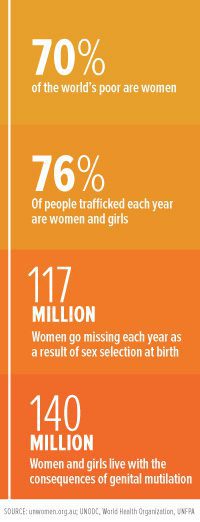 ‘She Is’ is a Salvation Army gender inequality awareness project supported by the Australian Government that aims to promote understanding and knowledge on how this inequality affects women and girls, particularly in developing countries.
‘She Is’ is a Salvation Army gender inequality awareness project supported by the Australian Government that aims to promote understanding and knowledge on how this inequality affects women and girls, particularly in developing countries.
An interactive website presents the facts about gender inequality and its impact on women. Supported by social media, it is expected the project will help inform up to 550,000 Australians about this complex issue.
She Is uses six banners to represent some of the characteristics of womanhood from life and freedom, to power, beauty and wisdom. Related issues are then discussed, including gendercide, maternal mortality, human trafficking and child marriage, lack of voting rights, victims of violence and genital mutilation, poverty and lack of educational opportunities.
“It was an emotional journey researching this project,” said Betsy Pineda, communications and marketing coordinator for The Salvation Army International Development Office (SAID). “Around the world, women struggle, not just for their next meal, but for their right to be born, to be safe from violence, to have access to healthcare, to be educated, to be paid a fair wage for their labour and to participate in the decisions that affect them.”
The project focuses on the UN Millennium Development Goal 3: Promote gender equality and empower women. In doing so, it provides not just statistics, but also a collection of inspiring stories of women and girls who have gone from victims to victors.
“The website emphasizes the impact of providing opportunities to females and the potential of women and girls to radically transform the world if given equal opportunities,” Pineda said.
The site outlines what The Salvation Army is doing around the world to tackle gender inequality on issues like human trafficking and illiteracy. Snapshots of international aid and development projects provide moving accounts of lives rescued, showing the change that happens in lives and communities when women are empowered.
For girls and young women who have been rescued from trafficking or who are at risk of being trafficked, Salvation Army projects such as the Kweto and Mbagala homes in Tanzania provide refuge and a future.
Anastasia, a 17-year-old orphan staying at Kweto, was rescued from domestic servitude. She had worked long days for a family without ever receiving a salary, often going without food or shelter. When she ran away to another domestic position, she was sexually exploited. She received counseling at Kweto and is now enrolled in a hotel management course; she says she has been rescued from a hopeless past.
For poverty-stricken women like Laxmi, from Nepal, The Salvation Army offers independence through employment opportunities.
“My parents died when I was a small child. We struggled to survive living in immense poverty,” Laxmi said. “I have a cleft palate which gives me speech problems and I was not educated; I could not find myself any job.” She attended tailoring and English classes with the Army, and was given a sewing machine at the end of the course.
“Now, wherever I live, I have my own dignity because I can do something to earn money,” Laxmi said. “I am happy and finally I started to have some hope.
This message of hope is one of the important aspects of She Is.
“Through the project, people will gain an increased understanding about how small opportunities can dramatically transform a woman’s life and her family’s,” Pineda said. “Educating women about good health means that very quickly they will pass good health practices on to their families, resulting in much healthier communities. It enables women to take the lead in changing practices, giving them solid education to inform their families. It recognizes and supports the role that women play in communities.”
See more at sheis.org.au.











